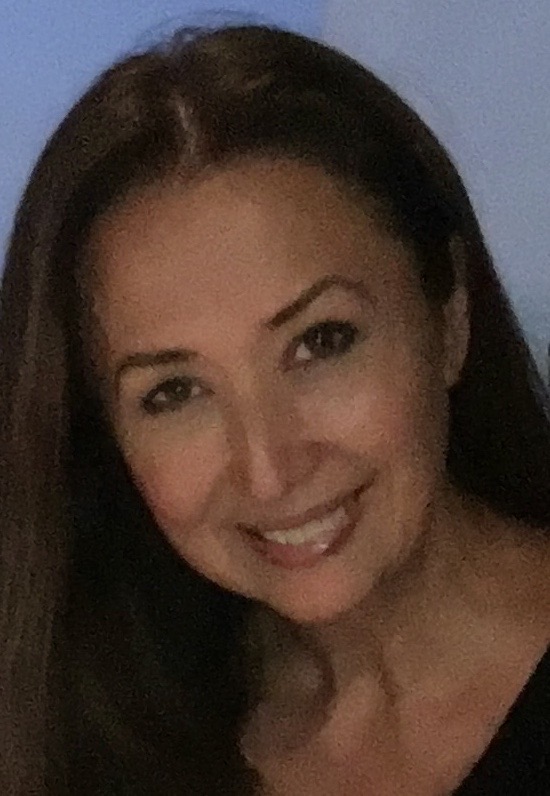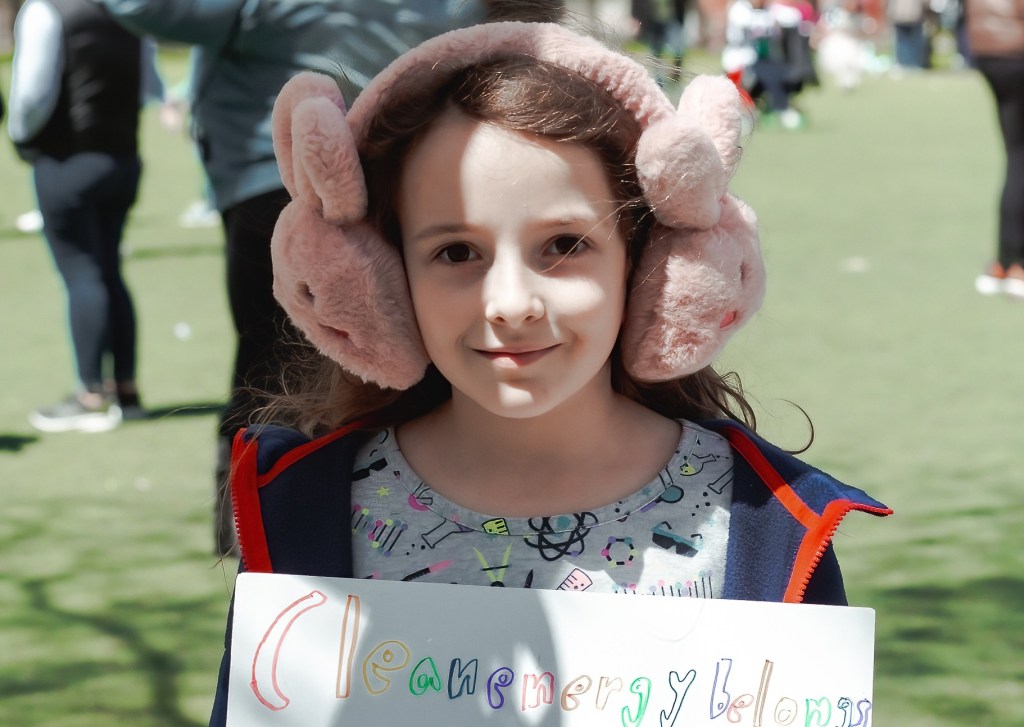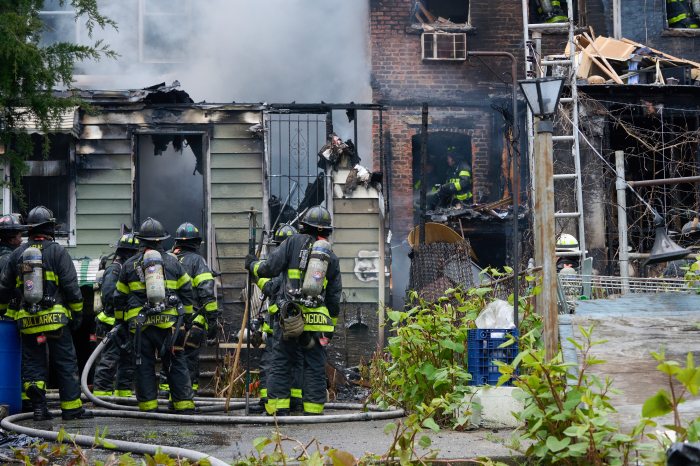As society wrestles with renewed questions of systemic racism, an Astoria preschool teacher is making significant changes to her school’s curriculum to address the issue beginning this coming school year.
Melissa Chin is the owner and education director of Kid Krazy, one of Astoria’s most reputable preschools, located at 25-19 27th St. in Astoria.

Kid Krazy values social, emotional, language, cognitive and physical development. The school will be adopting a newly explicit approach to the subject of race rather than subtly celebrating “diversity.”
Since the police-involved death of George Floyd in Minneapolis and the national protests that have followed, children have been exposed to the nation’s sadness and anger, according to Chin.
“I know as parents, we want to protect and shield our children from the ugliness of the world, but unfortunately, we can’t,” Chin said. “How do you explain centuries old racism and injustice to a 5-year-old? You can’t. You can, however, listen to them. Ask them what they think about, what they see and hear? If they ask, ‘What is racism?’ ask what they think it means.’”
Chin, who has 20 years of experience as the education director of Kid Krazy Preschool, said she believes a “tide of change is here and we all need to ride it.”
“I believe we must broaden our teaching not to be afraid to explicitly talk about something that is uncomfortable and raise our children with ‘color blinders on,’” said Chin, who is also the vice chair of Our World Neighborhood Charter School and chair of the Education Committee of OWNCS. “Parents and teachers alike must make the commitment to listen to their children, address the changes, the injustices and to answer the tough questions from our children.”
According to Chin, she believed that they promoted diversity and acceptance by having children and staff from diverse backgrounds at Kid Krazy Preschool.
“We value each child and love and hug them all the same. We told each of them how wonderful and special they were,” Chin said. “Wasn’t that teaching ‘diversity and acceptance’? In an implicit way, yes. But is that enough? A big no!’”
The preschool will be removing the “blinder” of racism and bias which were lifted in the research by Phyllis Katz, a professor at the University of Colorado, who studied over a six-year span of 100 Black and 100 white children beginning at 6 months.
Katz’s research showed many parents believed they were raising “color blind” children, it was evident from the testing results, their children not only noticed color but would determine that somehow white was better.
As well as Brigitte Vittrup, a professor of Early Childhood Development and Education at Texas Woman’s University, whose study showed the impact of explicit language used by adults and its effect on the attitude of the children on racism.
Kid Krazy’s curriculum has always embraced diversity, however, its newly revised curriculum will engage students in the explicit language of race and racism.
Through their curriculum, students will be given permission to say and inquire about the identity of race, racism, bias, fairness and unfairness. They will direct their own learning with the guidance of their teachers. Additionally, teacher training and parent workshops will be part of Kid Krazy’s investment in their students.
For Chin, it’s about teaching children to see color, and having a discussion about color and what it means to be of a race.
“As an example, during our ‘all about me’ unit, children learn how to talk about themselves. They talk about their eye color, hair color. If their hair is straight or curly. What their favorite food is. How many letters are in their name? What we never asked them in the past was, ‘What color is your skin?’ That explicit question is powerful and will lead to further inquiry by the children,’” Chin said.
It’s important for everyone to engage and be active participants in changing the future for children, according to Chin, by reimagining and learning how to break the cycle of systemic racism.
“We know we are in a pivotal time in our history. Racial divide and injustice have been part of our society for too long. I believed I have been doing my part in advancing a more just society,” Chin said. “I believe I have not done enough. I believe I can do better. I will do better. I will do better for our school community, and most importantly for our children.”


































